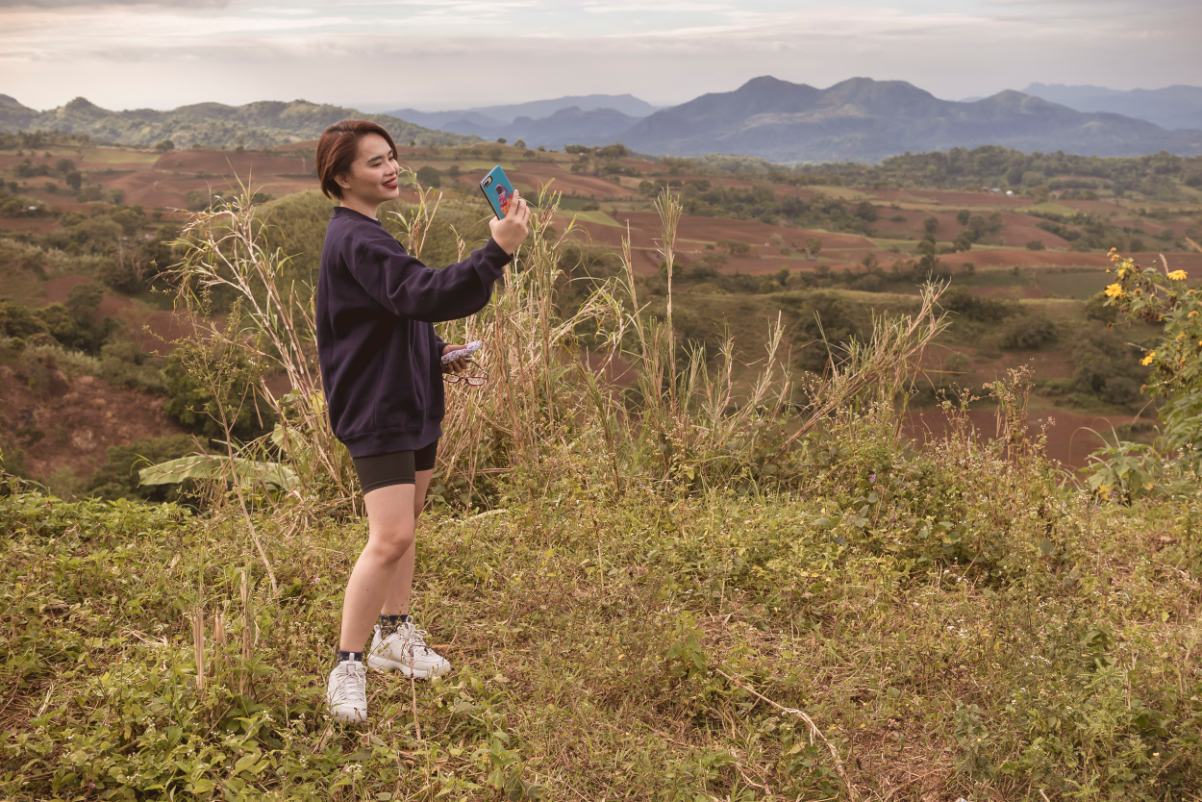ByteDance’s TikTok faced U.S. Supreme Court scrutiny Friday as it battled to prevent a nationwide ban on the video app. The potential ban threatens to disrupt the travel industry’s social media strategies worth billions in annual bookings.
The Court is likely to rule before the ban is set to go into effect on January 19.
What’s the potential impact on the travel industry?
Why Might the U.S. Ban TikTok?
A Chinese company, ByteDance, owns TikTok. U.S. lawmakers are concerned about the potential risks to national security because a Chinese company has access to American users’ data and can control what content they see.
Lawyers for the company say banning the app would violate the First Amendment rights of U.S. users. However, this argument did not convince a federal appeals court, which in December upheld the bill forcing a sale or ban by January 19.
What a Ban Might Look Like
If it came into effect, it would kick in January 19. New users would no longer be able to download TikTok from app stores run by platforms like Google and Apple. Existing users wouldn’t be able to update the app.
Why TikTok Matters to Travel
TikTok is one of the most popular marketing channels in the world, with travel brands regularly promoting destinations, products, and services on the app.
More than 170 million Americans are on TikTok, the company said.
It has quickly become people’s first source of inspiration and education about travel. One TikTok survey found that 69% of users discover new travel brands on the platform.
Brands like Booking.com, Expedia, Disney Parks, and Ryanair have embraced the platform. Each has amassed over 1 million followers, while other travel brands use the app for marketing because it enables them to reach large audiences without having a large following due to its way of distributing content based on its algorithm and a person’s interests instead of who they’re following.
The app is also increasingly driving bookings, which means a ban on it would have major consequences for the global travel industry.
Speaking to Skift at its Megatrends conference in London on Thursday, TikTok’s Head of Travel, Hannah Bennett, also announced that the company is currently testing a new travel-specific product called “Travel Ads,” which will enable travel advertisers to drive bookings on their own website.
How Travel Brands May Respond
It’s clear TikTok’s role as a marketing tool for the travel industry has been significant. The ban, if implemented, would cause a major change in the tourism marketing landscape.
Further, many travel brands have their headquarters and offices in the U.S., so employees based there would not be able to access their TikTok accounts in the event of a ban.
At Megatrends this week, Skift’s Airlines Editor Gordon Smith asked Bennett what the company would say to a potential travel brand partner as a potential U.S. ban hangs in the balance.
“Our position has always been the same: we believe any ban would be unconstitutional,” she said.
Regarding brands, they were being “supportive,” Bennett said, adding that advertising revenue continues to increase.
Next Steps If There’s a Ban
Companies could continue to use TikTok to market to consumers outside the U.S. Still, the travel industry would be forced to adapt its social media marketing methods to market to customers inside the U.S., similar to how brands in India, which has already banned TikTok, have had to adapt.
Brands would need to diversify their use of various platforms and explore new formats to drive traffic and engagement.
Given years of mounting concern, some state tourism boards in the U.S. have already closed their TikTok accounts.
A TikTok ban would come just as TikTok and other social media platforms like Instagram are also said to be working on enabling influencers to more directly support transactions, as noted in the Skift Megatrend for 2025.

